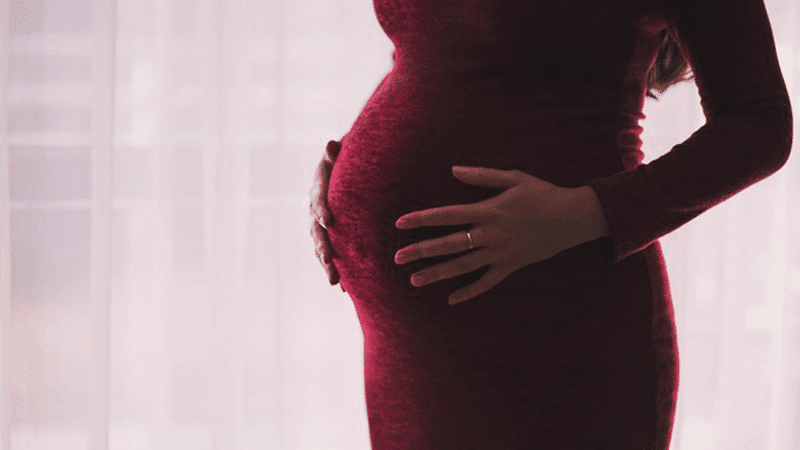Primary school children as young as four have been taught about surrogacy, it has been reported.
According to the Daily Mail, four and five-year-olds have been told in Personal, Social, Health and Economic education (PSHE) that they can have a “tummy mummy” and a “mummy and/or daddy who will be their parents”.
In the ‘Where do babies come from?’ module, children have been given “key vocabulary” including “surrogacy” and “donated sperm or eggs”.
‘Appalling’
Surrogacy Concern founder Helen Gibson said she was “appalled” that the issue was being taught in Reception classes.
“Surrogacy is higher risk for severe pregnancy complications, it is unethical, exploitative and highly contentious.”
In response to concerns, the Department for Education said the material had been developed by a Relationships, Sex and Health Education (RSHE) external provider, but emphasised: “RSHE guidance is clear that where schools choose to do so they must make sure they teach age-appropriate topics.”
‘Inappropriate’
Last month, Shadow Schools Minister Neil O’Brien warned that sex education activists are pushing ideologically driven content in schools in England.
Children, he argued, are being exposed to: “age-inappropriate and sexualising content”; ideas that present gender transitioning as “risk-free”; the promotion of gender ideology; and a hedonistic, relationship-negative view of sex.
“Many parents would not agree with what is being taught to their children — if they were even allowed to see it.”
The Government recently rejected proposals to give parents in England a legal right to see what their children are being taught in school. Another backbench attempt to improve transparency of sex education materials is expected in the House of Lords later this year.
DfE safeguarding guidance protecting gender-questioning pupils finally published
Jersey school guidance pushes trans ideology behind parents’ backs
Peers urge Govt to reconsider introduction of home education register


